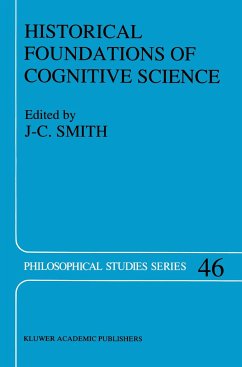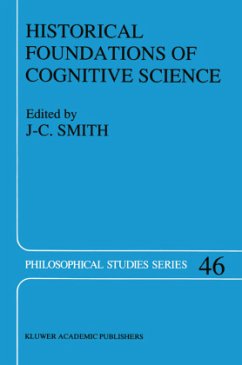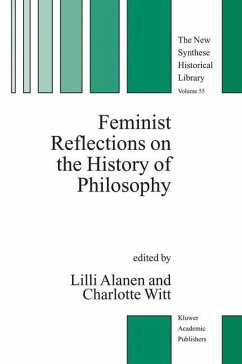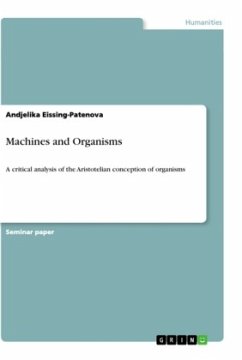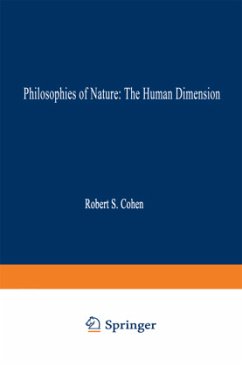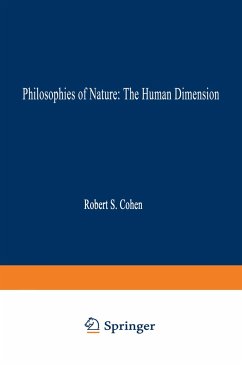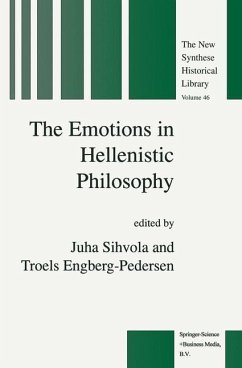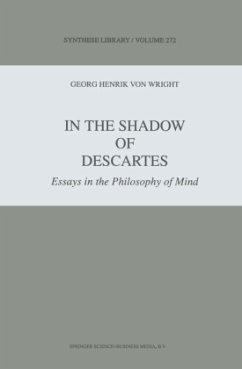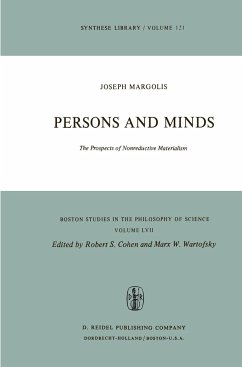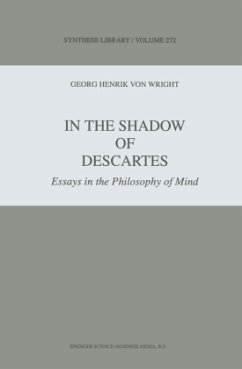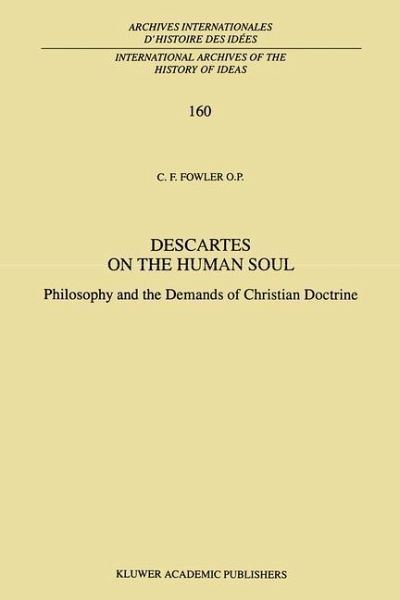
Descartes on the Human Soul
Philosophy and the Demands of Christian Doctrine
Versandkostenfrei!
Versandfertig in 1-2 Wochen
123,99 €
inkl. MwSt.
Weitere Ausgaben:

PAYBACK Punkte
62 °P sammeln!
The author's aim of providing an understanding of the development, content and presentation of two aspects of Descartes' philosophy of the human soul - immortality and body-soul union - has been achieved and executed with rigour, scholarship and philosophical acuity. Fowler combines close textual analysis with a consideration of the philosophical arguments and the theological background against which these arguments were developed. This contextual approach enables him to provide new insights into the nature of Descartes' philosophy, and indeed of early modern philosophy more generally. Despite...
The author's aim of providing an understanding of the development, content and presentation of two aspects of Descartes' philosophy of the human soul - immortality and body-soul union - has been achieved and executed with rigour, scholarship and philosophical acuity. Fowler combines close textual analysis with a consideration of the philosophical arguments and the theological background against which these arguments were developed. This contextual approach enables him to provide new insights into the nature of Descartes' philosophy, and indeed of early modern philosophy more generally. Despite the massive scholarly documentation, this finely structured and clearly written study is eminently readable. The work is a significant contribution to the world of Cartesian scholarship which professors and graduate students of Descartes, as well as the world's libraries, must have.





